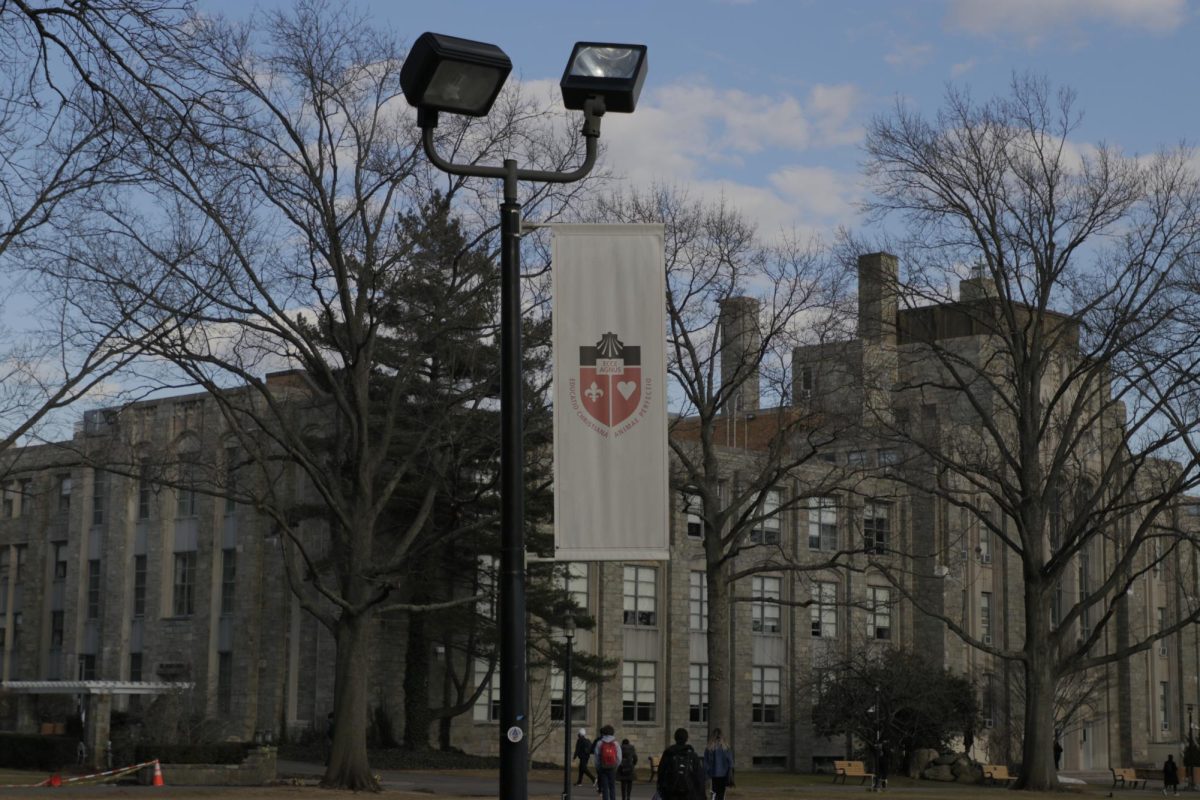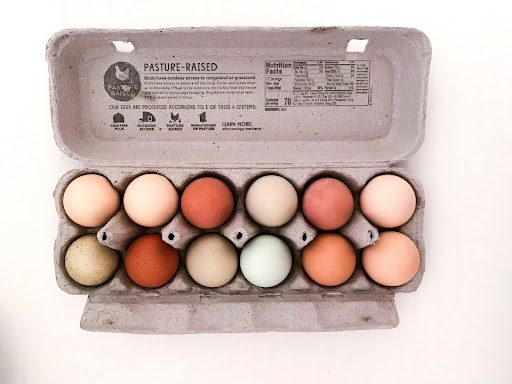This past Saturday, the University hosted its first ever Solidarity Festival. The event was held both on the Great Lawn in front of St. Thomas More Church, and inside the church. The event aimed to bring students, faculty and organizations together to learn about social justice. You can read the news story about it on page four of this week’s issue.
The event highlighted certain social issues, such as fair treatment for immigrant workers and using fair trade items.
Having an event dedicated specifically to social justice and fair treatment of others is a step in the right direction for the St. John’s community. The event certainly espoused the Catholic, Vincentian, metropolitan and global ideals firmly rooted in our beliefs here at the University.
One of the specific components of the event included research presented by Dr. Charles Clark, Professor of Economics and Finance. He presented some of his students’ research, which was a study that traced different U.S. companies’ supply chains. In conducting their research, they discovered that some of these chains have been importing goods from Brazilian companies that are notorious for using slave labor.
This is extremely important, especially as slave labor within different industries has recently entered the international spotlight.
This week, the Associated Press was awarded the Pulitzer Prize for public service for a series of stories that exposed slave labor in the seafood industry. This series prompted President Barack Obama to place a ban on U.S. imports of goods produced by slave labor.
We at the Torch commend Dr. Clark and his students for conducting this study. Not only is it important that these injustices be exposed, but also, it is encouraging to see the St. John’s community take on such a crucial matter.
Emphasis was also placed on fair trade products, a topic that has been covered by the Torch throughout the school year. Currently, St. John’s for Fair Trade is working toward getting St. John’s to be a fair trade designated university. This is also an extremely important matter, as fair trade practices improve conditions for farmers and workers around the globe.
The Editorial Board of the Torch agrees that the harsh treatment of people in foreign factories and fields needs to end. Although there has been a significant amount of work put into decreasing the amount of workers who are essentially slaves, there is still much work left to be done.
Another important issue raised at the festival was the treatment of immigrant workers. Immigration has become a hot topic as the 2016 presidential election continues, with candidates placing emphasis on different regulations and reforms that they would like to put in place.
Regardless of political leanings, we agree that all workers deserve humane treatment.
The Torch hopes to see the Solidarity Festival continue in the future. As a University dedicated to service, we firmly believe that it is important to shed light on social justice issues. It takes just one person, or one event to spark change.
With the University community rallying with other groups to promote positive social changes, we believe that changes are inevitable.







